A recent audit by Kenya’s Auditor General, Nancy Gathungu, has revealed that Ksh44.8 billion collected through the eCitizen digital payments platform during the 2023/2024 financial year is unaccounted for.
According to the report for the year ended 30 June, 2024, a total of Ksh 100,842,646,586, inclusive of an amount of Ksh 44,816,483,773 in respect of revenue receivers, was collected through the e-Citizen Government Digital Payments (GDP) platform.
However, a review of the e-Citizen portal and the revenue statements revealed variances between balances reflected in the revenue statements, the e-portal system and the ledger, casting doubt on the completeness and accuracy of receipts reported by the receivers of revenue amounting to Ksh44,816,483,773.
The funds were allegedly diverted through opaque transactions, unauthorised accounts, and inadequate oversight.
Also Read: Sweden Govt Goes to Supreme Court Against Kenyan Employees
Detailed Report on the eCitizen queries
Discrepancies in Revenue Reporting
The audit by Auditor General Nancy Gathungu for the year ended June 30, 2024, also revealed that at least Ksh144 million was found missing across various MDAs, such as the Ministry of Lands, Business Registration Services, and NTSA, pointing to overstatements, incomplete, duplicate or partial payments that were unexplained.
“Different MDAs had different processes, reporting formats, and standards,” the Auditor-General noted.
Lack of Documentation and Accountability
In addition, the Auditor-General’s report revealed that many government ministries, departments, and agencies (MDAs) that collected revenue via eCitizen:
- Did not maintain proper records of the services rendered.
- Could not reconcile revenue collected with actual transactions or users served.
- Submitted unaudited or conflicting figures to the National Treasury, making oversight virtually impossible.
Cash books and bank reconciliation statements for a bank balance of Ksh7,101,673,055, held across twelve Kenya shilling and nine US dollar denominated accounts, were also not provided for audit.
This, the Auditor General revealed, allowed MDAs to spend or divert public revenue without parliamentary approval or audits.
What’s more, balances from previous years amounting to Ksh145,824,907 lacked supporting documentation, such as details of bank accounts or explanations for delays in fund transfers.
Also flagged in the report were contracts signed by junior staff without approval from key legal and financial institutions such as the Attorney-General and Treasury.
The absence of structured reporting created a vacuum in accountability, which was easily exploited by both public officials and private contractors.
The lack of real-time monitoring tools gave ministries the leeway to delay or suppress remittance of funds.
Auditor-General Nancy Gathungu also noted an absence of enforceable penalties for non-compliance or delayed reporting.
Control Weaknesses and Vendor Reliance
According to the Audit, the National Treasury reliance on a vendor for critical operations of the eCitizen platform resulted in the government lacking full control over the system.
The platform is operated by a private consortium, ECS, reportedly comprising Webmasters Kenya, Pesaflow, and Olive Tree Media.
As per the report, no signed service level agreements (SLAs) existed with payment service providers, compromising oversight and accountability.
Ministries and agencies also reportedly used inconsistent templates, often manually compiling financial statements
Additionally, the agreement with Safaricom PLC for co-location and support services had lapsed on June 30, 2023, further weakening the governance framework.
Operational and Management Issues
Nancy Gathungu also took issue with how Ministries, Departments, and Agencies (MDAs) onboarded themselves independently, often without clear approval or alignment with Treasury systems.
The Ministry of ICT, for instance, lacked a structured coordination framework to govern digital services under one umbrella.
“Different MDAs had different processes, reporting formats, and standards,” the Auditor-General noted.
MDAs retained revenue instead of remitting to the Consolidated Fund, violating Article 206 of the Constitution.
Also Read: Judiciary Unveils Ambitious 5-Year Plan to Revolutionize Electoral Justice in Kenya
Some had no finance officers with the technical capacity to interpret and report digital transactions.
Treasury, according to the report, received delayed, incomplete, or manually compiled data, impairing national reporting.
Parliament takes action
Two committees, Security and National Administration and ICT, have initiated investigations into the eCitizen contract.
MPs are questioning the legality and transparency of the contract signed on May 25, 2023, which gives private vendors the right to dismantle the system if the agreement is terminated.
The contract allows vendors (Webmasters Kenya Ltd, Pesa Flow Ltd, Olive Tree Media Ltd) to withdraw all proprietary infrastructure, including software and technical systems, upon termination.
It also exempts the vendors from liability, placing the burden on the government to insure them against claims, data loss, and service outages.
The committees plan to summon Treasury PS Chris Kiptoo and other officials to explain the contract terms and the missing funds.
Follow our WhatsApp Channel and X Account for real-time news updates.
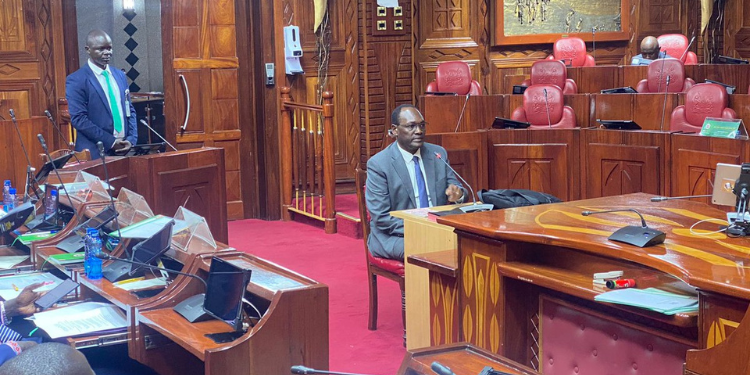





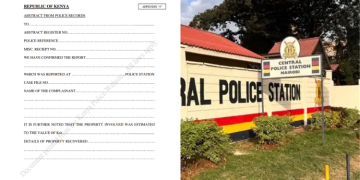


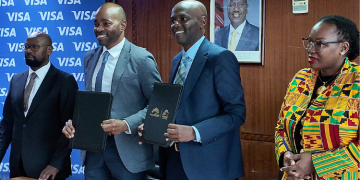





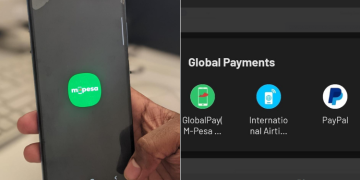


![Details Of Luxury Private Jet Hired By Ruto For Ethiopia Trip [Cost, Ownership, Model] President Williams Ruto Arrived In Addis Ababa To Participate In The 2Nd Africa Climate Summit. Photo/Ministry Of Foreign Affairs Ethiopia.]( https://thekenyatimescdn-ese7d3e7ghdnbfa9.z01.azurefd.net/prodimages/uploads/2025/09/ruto-ethiopia-1-360x180.jpg)

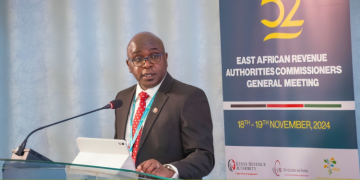


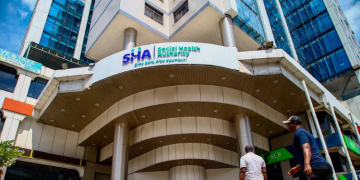



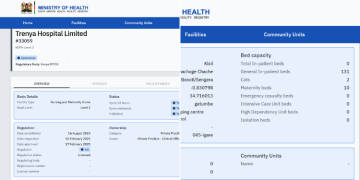

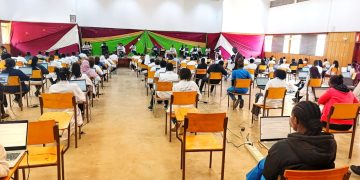
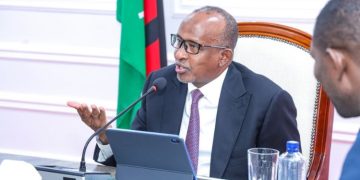



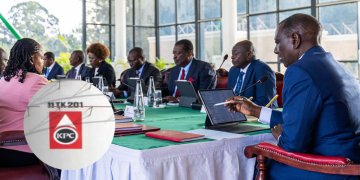


















![Ntv Anchors Bring Village To Standstill With Heartwarming Birthday Party [Photos] A Photo Of Ntv Swahili Anchors Lofty Matambo And Fridah Mwaka During Their Birthday Celebration In Kilifi County Photo/ Lofty Matambo And Fridah Mwaka]( https://thekenyatimescdn-ese7d3e7ghdnbfa9.z01.azurefd.net/prodimages/uploads/2025/09/A-photo-of-NTV-Swahili-anchors-Lofty-Matambo-and-Fridah-Mwaka-during-their-birthday-celebration-in-Kilifi-County-PHOTO-Lofty-Matambo-and-Fridah-Mwaka-360x180.png)



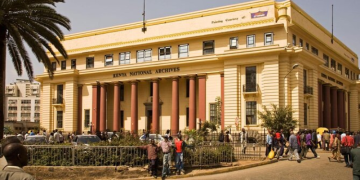









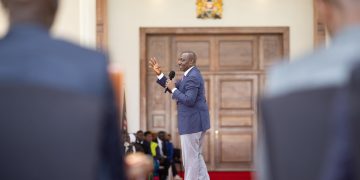


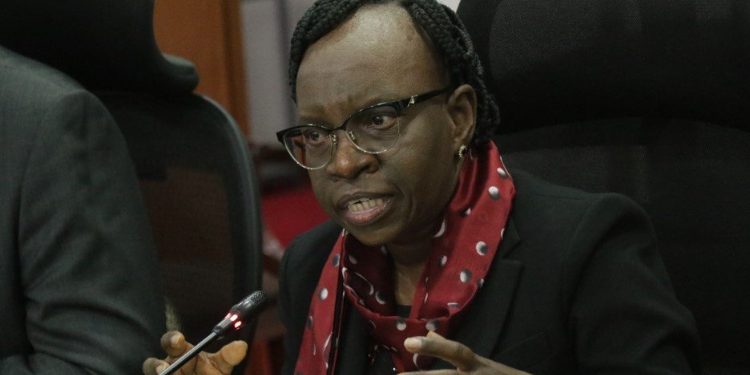



This is a system the GOK should purchase outright and employ IT workers so that wananchi can have value for their money and service is rendered satisfactory.